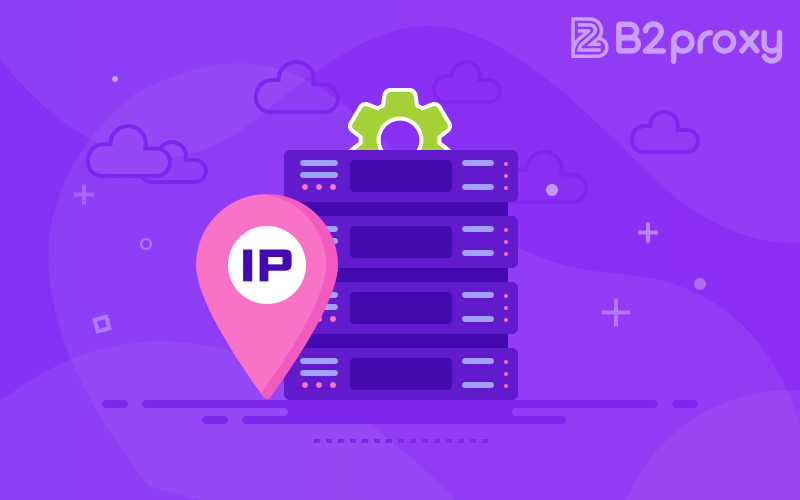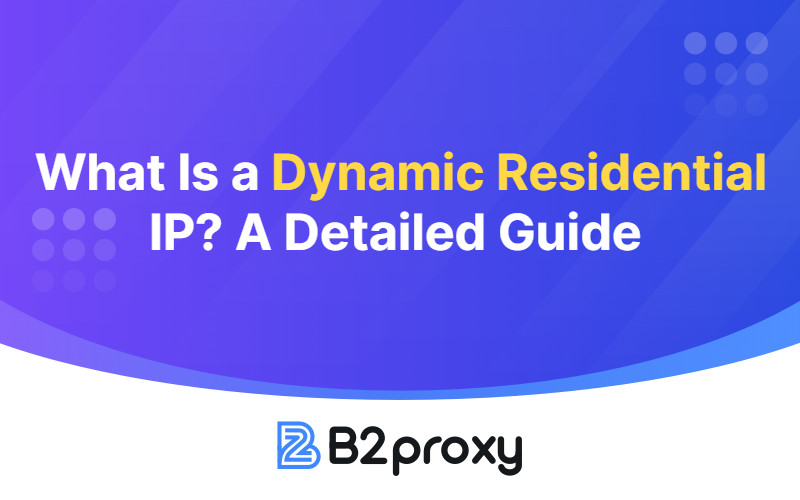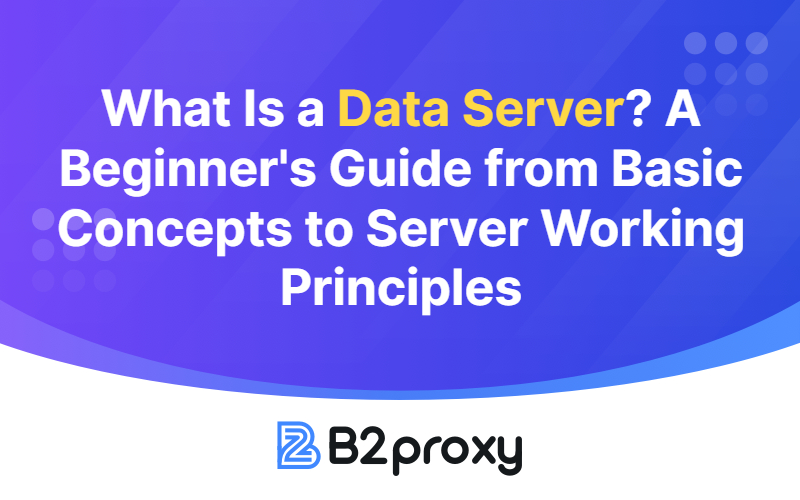Understanding How IP Proxies Work: How They Protect Your Online Privacy
 October 30.2025
October 30.2025

<p>In discussions surrounding cybersecurity and data protection, <a href="https://www.b2proxy.com/" rel="noopener noreferrer" target="_blank">Proxy list</a> is a frequently mentioned term. It doesn’t just represent a collection of proxy IPs—it’s also a crucial foundation for online anonymity and privacy. Understanding how IP proxies work helps users grasp the mechanism behind digital identity masking, enabling safer and more private online activity in today’s complex internet environment.</p><p><br></p><h3><strong>1. What Is an IP Proxy?</strong></h3><p>An IP proxy acts as an intermediary layer between the user and the target website. When a user sends a request to a site, that request is not sent directly to the destination server—it first passes through a proxy server. The target site only sees the proxy’s IP address, not the user’s real one.</p><p>This mechanism of “masking and forwarding” allows the proxy to disguise the true source of traffic, making it appear as though the request originates from another location. This is why IP proxies are widely used for anonymous browsing, data scraping, accessing geo-restricted content, and preventing IP bans.</p><p><br></p><h3><strong>2. How IP Proxies Work</strong></h3><p>● <strong>Request Forwarding and Identity Concealment</strong></p><p>When a user accesses a website, the proxy server receives the request and forwards it on behalf of the user. The website then sends the response back to the proxy, which passes it along to the user. This process ensures that the website never learns the user’s actual IP address, achieving a level of anonymity.</p><p>● <strong>Multi-Layer Proxy Chains</strong></p><p>In high-security environments, multiple proxies may be linked in sequence. These “proxy chains” route data through several intermediary nodes, making traffic tracing far more difficult and improving privacy protection.</p><p>● <strong>Caching and Traffic Optimization</strong></p><p>Some advanced proxies cache frequently accessed data. When a similar request is made later, the cached content can be returned instantly, improving speed and reducing bandwidth consumption.</p><p><br></p><h3><strong>3. Types of IP Proxies</strong></h3><p>● <strong>Transparent Proxy</strong></p><p>Offers minimal anonymity—some user information remains visible. It’s mainly used for network optimization rather than privacy.</p><p>● <strong>Anonymous Proxy</strong></p><p>Hides the user’s real IP, though websites can still detect that a proxy is in use.</p><p>● <strong>Elite Proxy (High-Anonymity Proxy)</strong></p><p>Completely conceals the proxy identity, making traffic appear as though it’s coming from a genuine user. It’s ideal for privacy-focused users.</p><p>● <strong>Residential vs. Datacenter Proxies</strong></p><p>Residential proxies use real household IPs that appear natural to websites, reducing the risk of detection or blocking. Datacenter proxies, on the other hand, are faster and better suited for large-scale automation and scraping tasks.</p><p><br></p><h3><strong>4. How IP Proxies Protect Online Privacy</strong></h3><p>● <strong>Prevent Website Tracking and Fingerprinting</strong></p><p>Websites and advertisers often track users via IP addresses. A proxy effectively breaks this tracking chain, shielding user behavior data.</p><p>● <strong>Bypass Geo-Restrictions and Censorship</strong></p><p>By choosing IPs from different regions, users can access region-locked or restricted content freely.</p><p>● <strong>Ensure Data Transmission Security</strong></p><p>Some proxies support encrypted communication channels, which help prevent data interception or tampering during transmission.</p><p><br></p><h3><strong>Conclusion</strong></h3><p>The true value of IP proxies lies in anonymity, security, and control. They empower internet users to maintain privacy and autonomy while navigating global networks. Understanding how proxies operate helps in selecting the right proxy type—whether for basic anonymity or advanced security requirements. Ultimately, a stable and secure online experience still depends on a high-quality <a href="https://www.b2proxy.com/" rel="noopener noreferrer" target="_blank">proxy server</a>.</p>
You might also enjoy

What Is a Dynamic Residential IP? A Detailed Guide to Cross-Border E-commerce Account Isolation and Risk Control Solutions
Breaks down dynamic residential IPs, highlighting their role in account isolation, risk control, and building secure cross-border e-commerce systems.
February 27.2026
How to Access TorrentGalaxy Stably? 2026 Latest Working Links and Proxy Solutions Explained
A practical 2026 guide to accessing TorrentGalaxy reliably, explaining domain shifts, ISP restrictions, proxy methods, and security considerations.
February 27.2026
What Is a Data Server? A Beginner's Guide from Basic Concepts to Server Working Principles
Beginner's guide to data servers, covering core concepts, working principles, architecture, stability factors, and future cloud-driven trends.
February 26.2026







